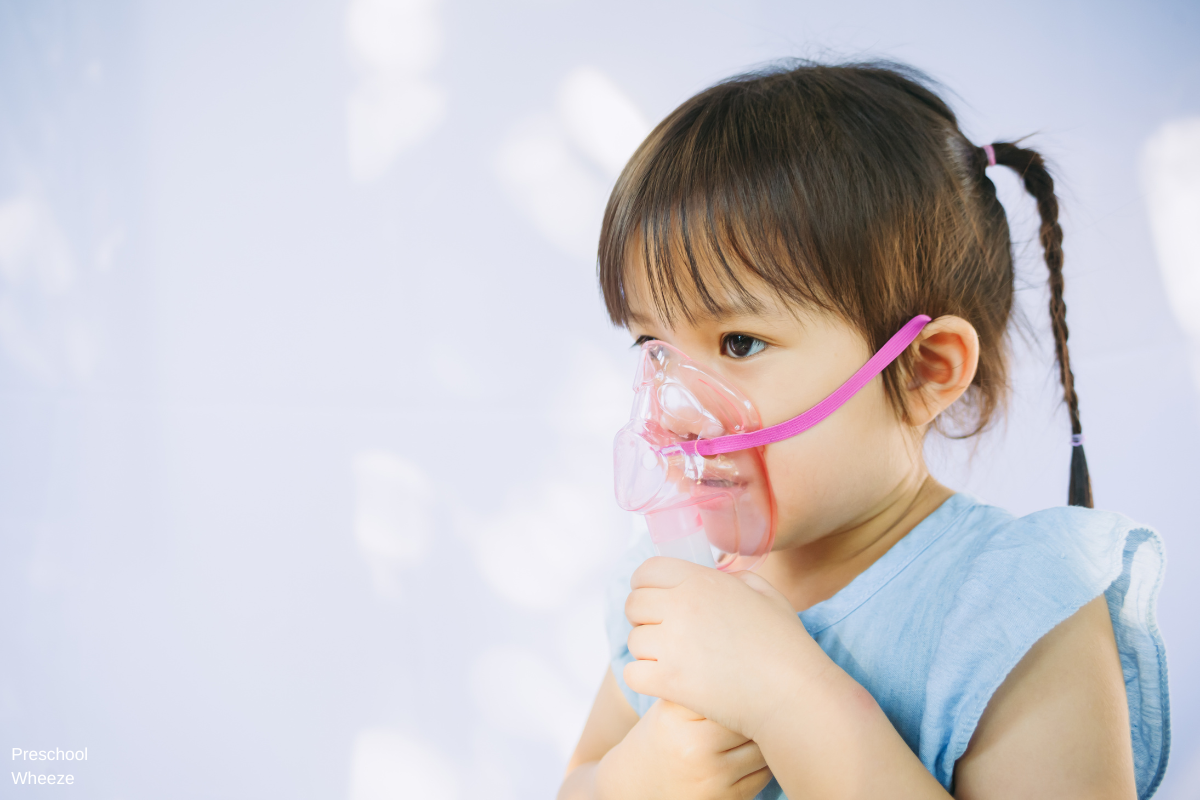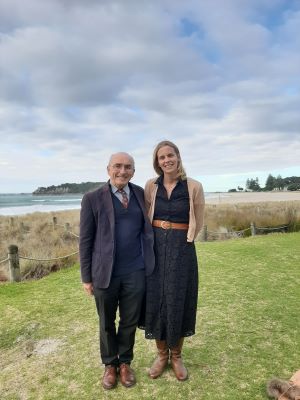Preschool wheeze causes more preschool-aged children in New Zealand to be hospitalised than any other illness. Of children hospitalised with preschool wheeze, one-in-five will have a hospital readmission for preschool wheeze within the next year.
Medicines currently used for preschool wheeze are those used for asthma. These are not as effective for treating preschool wheeze, and may cause children to be shorter and fatter, to have weaker bones, and impaired stress responses.
Most of these medicines are delivered via metered-dose inhalers. The propellants in these inhalers have global warming effects much greater than carbon dioxide.
We aim to find out if an oral medicine, with an excellent safety profile, prevents wheezy illness hospitalisations in preschool-aged children with recurrent wheeze. This medicine is called OM-85. We are enrolling children admitted with preschool wheeze to five New Zealand hospitals and, in Waikato and Auckland, enrolling through primary healthcare, Kōhanga Reo, Pharmacies, and other Māori and Pacific providers. More than 1,000 children will be enrolled from 2022-2025. Each child is in the study for 12 months.
This trial will determine the efficacy of OM-85 for preventing hospitalisations in preschool-aged children with recurrent wheeze. If we show that OM-85 prevents preschool wheeze hospitalisations, we will request PHARMAC funding so it can be prescribed to children to prevent wheezy illness hospital admissions.
>> PROJECT STARTED - 1st April 2024





